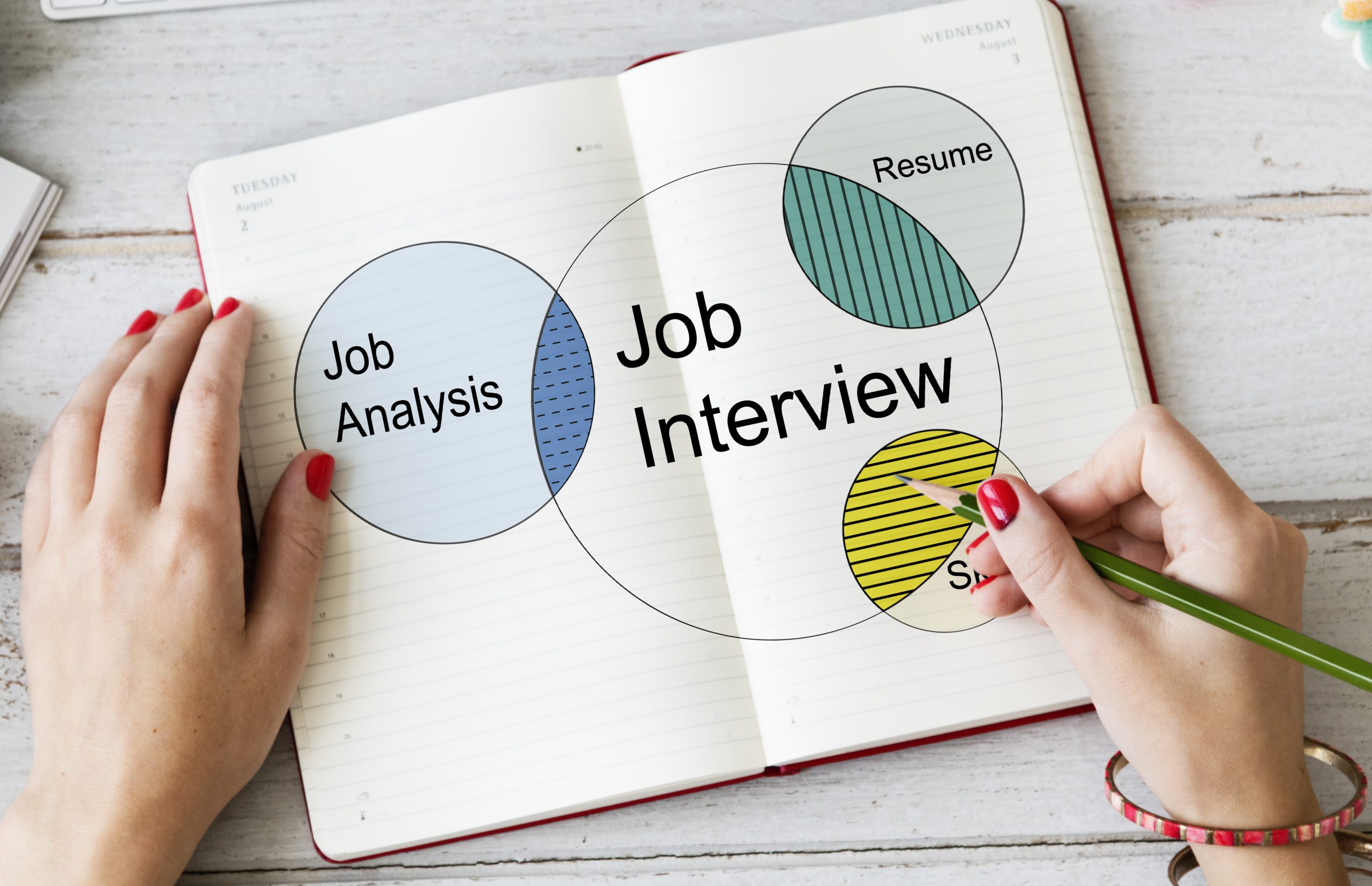So, your CV/Resume has made it through to the right person now its your chance to impress that same person face to face. There are many questions an interviewer can ask you however, being prepared for the most common questions that could be asked will help you stand out and land you that job. Here below we have listed the top 10 most common interview questions and how to answer them the best way possible.
1. Tell me about yourself?
The interviewer wants to know why you are an excellent fit for the job. You should answer this by not giving away too much personal information but just enough for the interviewer to grasp key points about you such as what motives you, personal interests and experiences that don’t relate directly to work and any other information you want to share such as your hobbies, where you grew up etc. You can even throw in some fun facts but be sure to showcase your personality to make the interview a little more interesting.
2. What would you consider to be your biggest strength/strengths?
This is a question that employers almost always ask to determine how well you are qualified for the position. You should think about the specific job you are going for and what attributes the company are looking for in a person to be successful in that role. If you bring up strengths that they are looking for that you feel you have yourself this will be sure to set you aside from other candidates.
3. What would you consider to be your biggest weakness/weaknesses?
This is more of a tricky question because you don’t want to come across in a negative light. We would recommend highlighting a weakness by turning it into a positive. Do your best to frame your answer around positive aspects of your skills and abilities. You can also explain how you have improved, give specific instances of when you recognised a weakness and what you done to correct it.
4. Where do you see yourself in 5 years’ time?
The interviewer wants to understand more about your career goals and how this position would fit into your grand plan. They care about your career goals because they want to hire someone who is motivated, proactive, and likely to stick around and work hard if hired. Hiring managers don’t generally enjoy recruiting, hiring, and training new people. It can be a time-consuming and difficult process. Your interviewer does not want to invest time and effort in someone who is already planning to leave for something better as soon as it comes along
5. Why do you want to work for (Company name)?
With this question the interviewer wants to know what you know about their company and how you will benefit them if hired. Make sure that you are genuinely interested in the job and will be motivated to perform if hired, a vague or self-focused answer doesn’t show that interest. Make sure you do your research about the company so when asked this question you can answer with no worries.
6. Tell me about an accomplishment you are most proud of?
This is a common interview question as your answer helps the interviewer evaluate whether your skills and character traits are a good fit for the position in question. It’s the perfect opportunity to talk about your most impressive experience. Think of something you’re truly proud of accomplishing. You should answer this in 4 parts. Firstly, outline the situation. Secondly, talk about the task. Thirdly, explain the action you took, use one or two examples to back up your answer and show how these added value to the situation. Lastly, Highlight the results and explain why you consider it to be your greatest accomplishment.
7. Why should we hire you?
This is your chance to wow them. Your answer should summarise the top three or four best reasons to hire you. It’s probably best to go over the job description and see what key skills they are looking for and relate your answer to that. It’s better to have three or four strong reasons with memorable descriptions and/or examples than to just list the reasons. You want to keep your answer in the 1-2 minute range so you won’t be able to list every skill and accomplishment on your resume. You must really think about what sets you apart from the competition.
8. Why did you/ do you want to leave your current employer?
You must make this answer positive not negative. You should never say anything bad about a previous employer. You can say things related to moving forward in your life or career. Some of the most common, and easiest to explain, reasons for leaving a job include, desire for a career change. desire to gain a new skill or grow a current skill. The interviewer also wants to know why you want to work for their company, be direct and focus your answer on the future.
9. What motivates you?
In asking this question the interviewer wants to know what drives you to succeed. He or she also wants to determine whether your motivators will be a fit for the job duties and the company culture. Take some time to research the company prior to the interview as the more you know about the goals of the employer the better you will be able to respond. You should emphasise the motivations that are most linked to that role or industry.
10. What are your salary requirements?
The #1 rule of answering this question is doing your research on what you should be paid by using sites like PayScale and Glassdoor. You’ll likely come up with a range, and we recommend stating the highest number in that range that applies, based on your experience, education, and skills. Then, make sure the interviewer knows that you’re flexible. You’re communicating that you know your skills are valuable, but that you want the job and are willing to negotiate.


